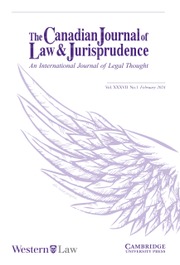The Efficacy of Judicial Review
Over the past century, countries around the globe have empowered constitutional courts to safeguard the rule of law. But when can courts effectively perform this vital task? Drawing upon a series of survey experiments fielded in the United States, Germany, Hungary, and Poland, this book demonstrates that judicial independence is critical for judicial efficacy. Independent courts can empower citizens to punish executives who flout the bounds of constitutional rule; weak courts are unable to generate public costs for transgressing the law. Although judicial efficacy is neither universal nor automatic, courts – so long as they are viewed by the public as independent – can provide an effective check on executives and promote the rule of law.
- Features data collected from more than 40,000 individual interviews fielded in the US, Germany, Poland and Hungary
- Builds upon a rich literature on judicial independence
- Provides a series of harmonized survey experiments that presented respondents with hypothetical, but true-to-life, examples of extraordinary state challenges to the rule of law taken in the name of public safety during the global Covid-19 pandemic
Product details
July 2025Hardback
9781009388924
321 pages
229 × 152 mm
Not yet published - available from July 2025
Table of Contents
- 1. The promise of judicial review
- 2. Theorizing judicial efficacy
- 3. How, when, and where to evaluate judicial efficacy
- 4. Measuring public support for the rule of law
- 5. How judicial independence facilitates State constraint
- 6. Citizens' convictions and judicial review
- 7. Judicial review Amid partisan publics
- 8. Do partisan litigants weaken judicial efficacy?
- 9. The prospects of judicial review
- Bibliography.


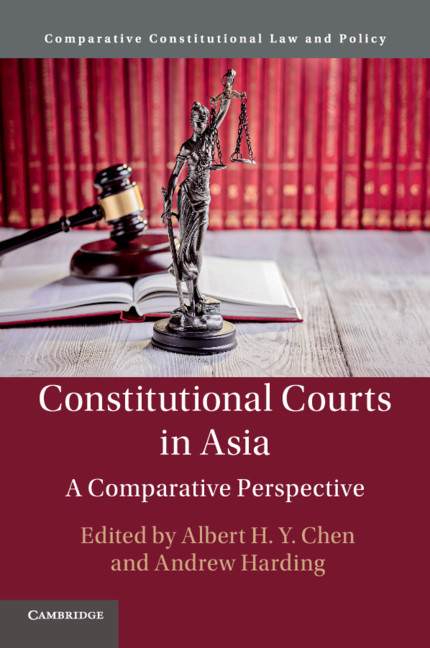
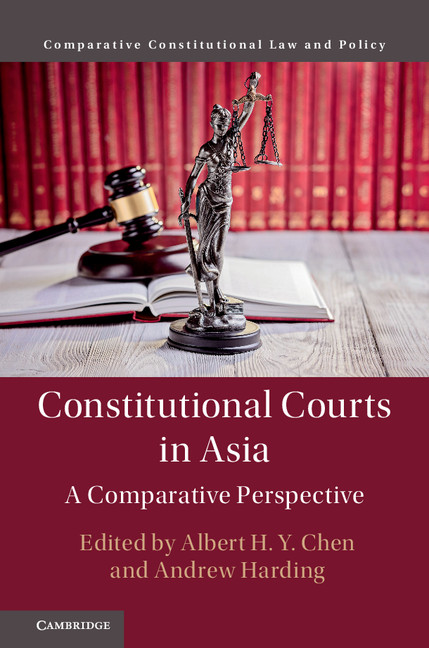
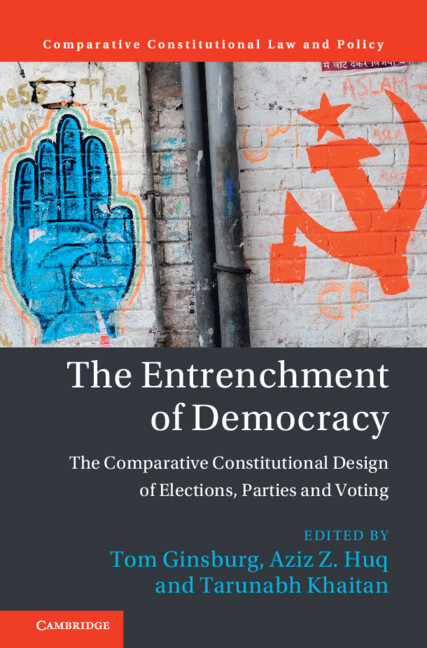
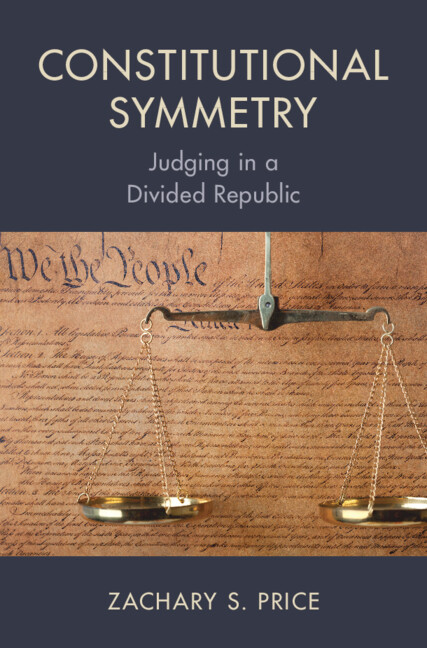

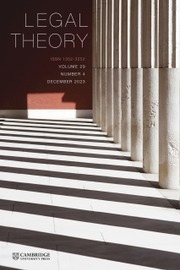
.jpg)
